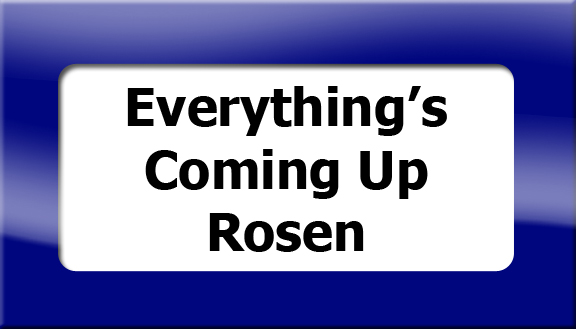“You must love your neighbor as yourself.”
Leviticus 19:18
“Who is my neighbor?”
Luke 19:29
What does ecumenical dialogue look like? I think of two images. The first image is the more formal. Learned scholars and theologians from one religious denomination sit down across the table with learned scholars and theologians from another denomination. One scholar shares her or his thoughts, usually with a vocabulary that comes from years and years of schooling. Another scholar shares her or his thoughts, again, with an impressive vocabulary. Differences are recognized yet common ground is reached. And then, two or more theologians get together and write a document that comes from their dialogue, and, of course, the language is lofty and academic. Everybody shakes hands and goes home feeling that something great was accomplished, and, indeed, something great was accomplished. There is just one problem. Only a few people are really aware of the dialogue. A few people get a copy of the document that is derived from the dialogue, and, of the few people who read it, only those with advanced degrees understand it. It is important stuff, to be sure, but it is “jargon” and only those who know the jargon benefit.
Here is another image. Two neighbors of different faiths get together and have a cup of coffee or tea. They sit across the table and share their faith with each other. They do not judge. They do not proselytize. They simply talk and listen. They love and respect each other and, when their meeting is over, they both leave informed of each other’s faith and become closer friends.
There is no jargon, or documents that come with language that doesn’t translate well into everyday language. It’s just two friends building a bond and sharing each other’s faith.
So I ask you, of these two images of ecumenical dialogue, which one is going to impact your community more?
The word ecumenical comes from the Greek “Oukumene,” which simply means, “community.” Ecumenical people are community-minded people. Put simply — ecumenical people are good neighbors looking out for the neighborhood, both local and global.
When Jesus quoted Leviticus 19:18 “Love your neighbor as yourself,” a lawyer asked him “who is my neighbor?” The answer was the parable of the Good Samaritan. I don’t know if that was the answer that the lawyer was looking for, but the people of Judea and Galilee had no time for the people of Samaria. The fact that the Samaritan was the hero of the story would have made many listeners uncomfortable, perhaps even angry.
I would venture to say that the same question could be asked today and a similar answer would make some people uncomfortable, maybe even angry? If we look throughout our neighborhood and beyond our community, you will discover that many of the people with whom we coexist do not believe what we believe, vote the way we vote, look alike, dress alike or like the same kind of foods. It is no news that we live in the midst of diversity, especially in south Florida, and, if we want our community to be stronger, than we must heed the call to be better neighbors. Loving our neighbor as ourselves requires us to get uncomfortable and challenges our limits. Yet, good neighbors, this is crucial.
Who is going to lead the charge? The answer is you. Theologians can only do so much. Community leaders can only do so much. But if you invite your neighbor out for coffee and engage in friendly conversation, you just may move a mountain or two.
Pastor Gross is a pastor of Zion Lutheran Church, located at 959 SE 6 Ave., Deerfield Beach, FL 33441. For more information, call 954-421-3146 or visit www.zion-lutheran.org.









